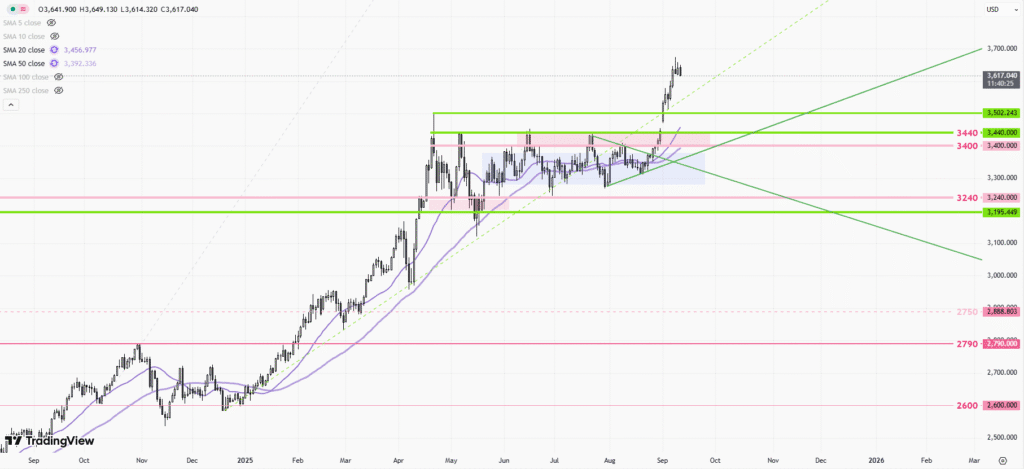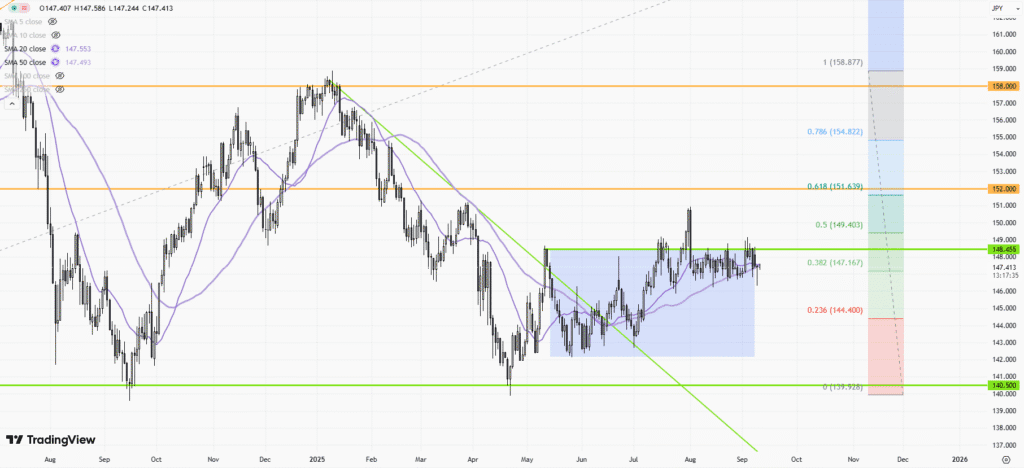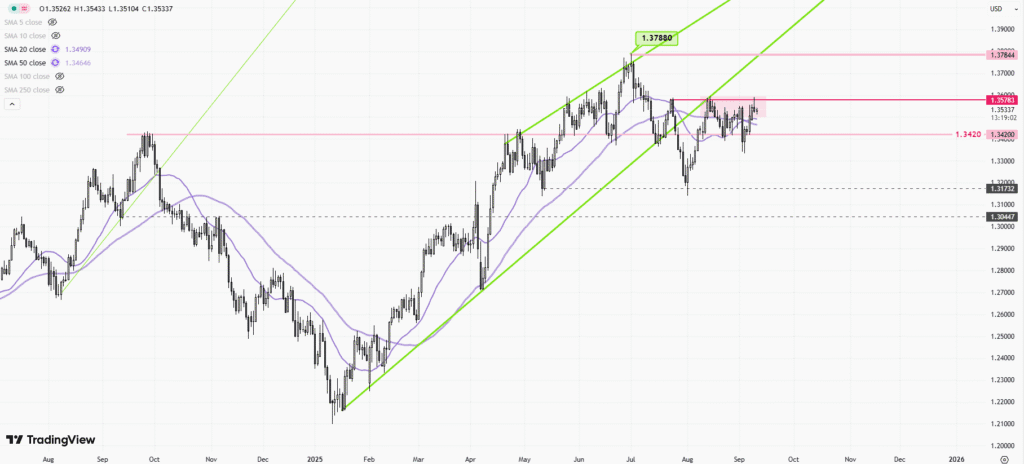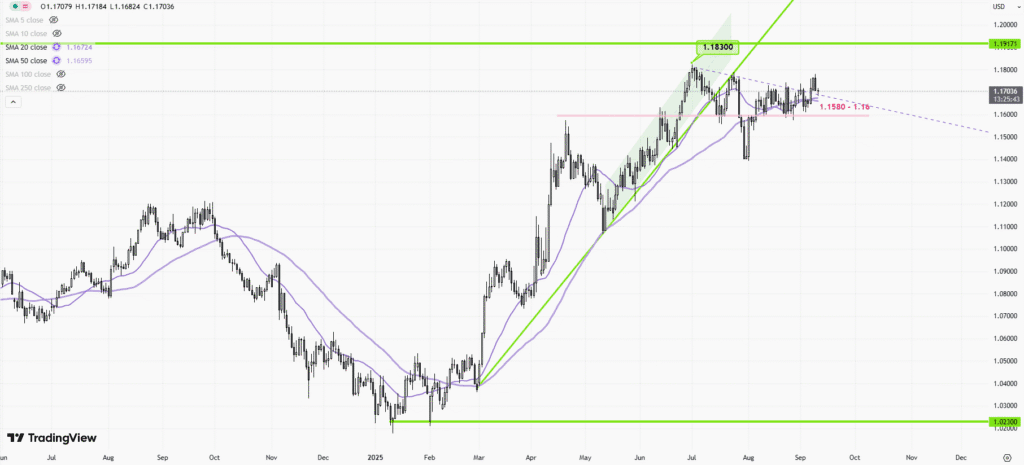 |
| Gold V.1.3.1 signal Telegram Channel (English) |

Opendoor Stock in 2025: Navigating Volatility, Leadership Uncertainty, and Market Challenges
2025-08-19 @ 23:00
Opendoor Technologies has been one of the most talked-about stocks in real estate technology, known for its disruptive approach to home buying and selling. Yet, its performance in 2025 has been nothing short of volatile, with the company facing ongoing strategic uncertainty as it searches for a new CEO. Recent market swings reflect a complicated mix of rebounding investor sentiment and persistent long-term concerns.
A Rollercoaster Year for Opendoor Stock
Opendoor’s stock price has been on a dramatic ride this year. After suffering a steep decline—down as much as 43% from the start of 2025—the stock experienced a notable rebound, climbing roughly 60% from its yearly lows. These sharp moves highlight the market’s uncertainty about the company’s direction and potential deployment of strategic assets.
Opendoor’s model centers around making immediate cash offers for homes, quickly turning inventory and aiming to profit from reselling properties, often at slight market discounts. The company rode the pandemic real estate wave to dizzying heights, but rising interest rates, a slowing housing market, and mounting operational costs have since exposed the vulnerabilities in its business model.
Financial Performance and Challenges
Despite its technological promise, Opendoor continues to grapple with low profit margins and significant debt. The cash-intensive nature of its model requires ongoing liquidity, which can prove risky in turbulent markets. As the broader real estate environment turned less favorable, Opendoor faced declining gross margins and increased inventory risk.
Since its public debut via SPAC, the stock has fallen more than 97% from its all-time highs—a dramatic reversal for what was once considered a “disruptor” in residential real estate. Investors are now questioning whether Opendoor’s value proposition remains viable in a higher-rate, lower-volume housing market.
Analyst Sentiments and Forecasts
Wall Street remains divided on Opendoor’s future. Short-term forecasts suggest a positive outlook, with several analysts predicting a price turnaround over the next several months. Some price targets for 2025 project the stock could reach a range of $4.50 to $7.00, representing substantial upsides from current levels. However, not all analysts are optimistic—some foresee continued volatility, with downside risks if the company fails to stem losses or reposition its business.
Most recently, analyst consensus ratings have shifted toward a “reduce” stance, indicating less confidence in Opendoor compared to its technology sector peers. Some analysts have downgraded their price targets, citing persistent negative cash flow and weak fundamentals. Investors weighing purchase decisions should be mindful that the next twelve months could bring significant swings both up and down.
Momentum and Market Psychology
Momentum trading has played a considerable role in Opendoor’s recent price recovery. The stock has shown a pattern of green days outnumbering red ones, indicating bullish sentiment among a cohort of short-term traders. The Fear & Greed Index currently hovers in the “fear” range—a sign of cautious investor attitudes despite signs of positive price movement.
Technical indicators reflect this uncertainty: the price is trading above recent moving averages, and volatility remains high. This suggests the potential for further sudden price moves, amplified by key corporate decisions such as CEO selection and possible strategic pivots.
Leadership Vacuum and Strategic Crossroads
The most pressing issue for Opendoor is its ongoing search for a permanent CEO. Effective leadership is critical for clarifying the company’s strategy and restoring investor confidence. Without a clear strategic plan and a committed executive at the helm, Opendoor risks losing competitive ground to rivals or being forced into defensive positions as the housing market continues to evolve.
Investors should pay close attention to any announcements regarding leadership changes. A strong candidate with industry experience could reenergize the company’s narrative and improve its growth prospects.
Should Investors Buy, Hold, or Avoid?
For those considering Opendoor stock, the situation remains highly nuanced. On one hand, the recent price rebound provides evidence of resilient investor interest and the possibility of short-term gains. On the other, underlying business challenges—such as debt, thin margins, and macroeconomic headwinds—pose substantial risks.
Opendoor’s future will likely hinge on its ability to adapt to changing market conditions, improve operational efficiency, and secure visionary leadership. As always, thoroughly research company fundamentals and broader market trends before making any investment decisions. The coming months will be crucial for Opendoor, as it seeks to prove whether its disruptive model can deliver sustainable returns in a tough environment.








